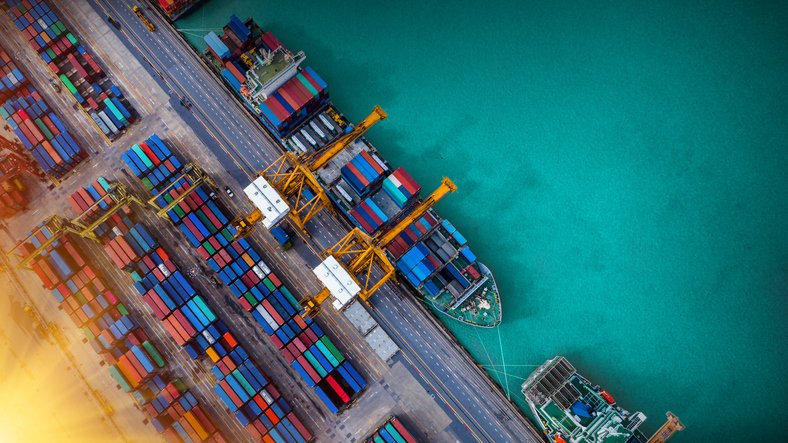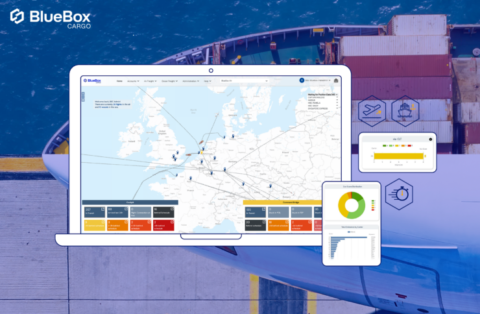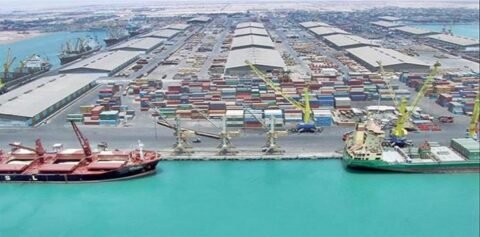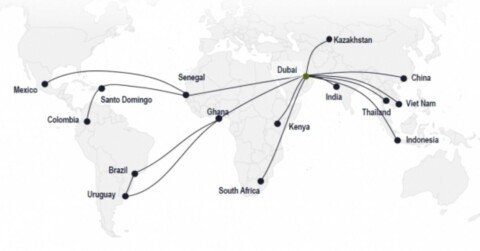The WLP has also agreed to join the Chinese Silk Road Maritime Alliance. The WLP will provide Chinese businesses with faster and more cost-efficient access to markets in Asia, Latin America, the Middle East and across Africa, with traders and freight forwarders able to achieve an annual increase in trade by 5-10 per cent on average.
Whilst welcoming Fujian Port Group as its first partner in China, the WLP is also partnering with the Silk Road Maritime Alliance (SRMA), an alliance of 99 ports and 27 countries. The SRMA was launched in December 2018 in Fujian Province and is part of the “Belt and Road” initiative of China, aiming to “build an efficient and stable service ecosystem of continued growth by integrating advantageous resources”.
The WLP offers benefits for the movement of high value, low weight goods. Chinese industries that stand to gain most from participation in the program include broadcasting equipment, computers, office machine parts, telephones and semiconductor devices. China is already the world’s largest exporter in all of these product categories – a fact which can be reinforced in 2022 by participation in the WLP.
The inclusion of China in the World Logistics Passport strengthens the programme’s position across Asia with Hubs in India, Indonesia, Malaysia, Philippines, Singapore, Thailand, and Vietnam.
Sultan Ahmed Bin Sulayem, Chairman of Dubai Ports, Customs and Freezone Corporation (PCFC), which owns and runs the WLP program globally said, “Bringing the WLP to the world’s second largest economy is a huge development. Efficient supply chains make products and services more competitive and selling to more markets increases economic resilience. The WLP helps deliver this, whilst also strengthening bilateral relations between the People’s Republic of China and the UAE.”







